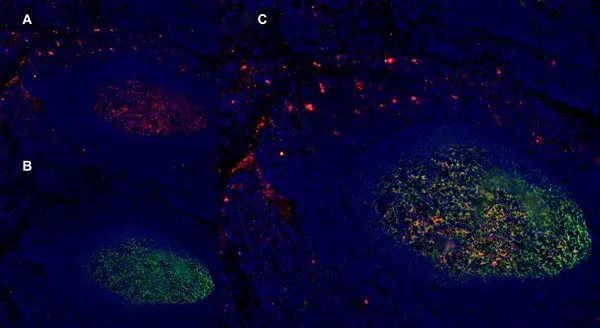
IHC-Fr staining of human tonsil using Mouse anti Human CD1a antibody (GTX76536. A in red) and Mouse anti Human CD21 (GTX74728. B in green). C is the merged image. Medium power
CD1a antibody [NA1/34-HLK]
GTX76536
ApplicationsFlow Cytometry, ImmunoHistoChemistry, ImmunoHistoChemistry Frozen
Product group Antibodies
ReactivityCanine, Human, Monkey
TargetCD1A
Overview
- SupplierGeneTex
- Product NameCD1a antibody [NA1/34-HLK]
- Delivery Days Customer9
- Application Supplier NoteFCM: 1/50-1/100. *Optimal dilutions/concentrations should be determined by the researcher.Not tested in other applications.
- ApplicationsFlow Cytometry, ImmunoHistoChemistry, ImmunoHistoChemistry Frozen
- CertificationResearch Use Only
- ClonalityMonoclonal
- Clone IDNA1/34-HLK
- Concentration1 mg/ml
- ConjugateUnconjugated
- Gene ID909
- Target nameCD1A
- Target descriptionCD1a molecule
- Target synonymsCD1, FCB6, HTA1, R4, T6, T-cell surface glycoprotein CD1a, CD1A antigen, a polypeptide, T-cell surface antigen T6/Leu-6, cluster of differentiation 1 A, cortical thymocyte antigen CD1A, differentiation antigen CD1-alpha-3, epidermal dendritic cell marker CD1a, hTa1 thymocyte antigen
- HostMouse
- IsotypeIgG2a
- Protein IDP06126
- Protein NameT-cell surface glycoprotein CD1a
- Scientific DescriptionThis gene encodes a member of the CD1 family of transmembrane glycoproteins, which are structurally related to the major histocompatibility complex (MHC) proteins and form heterodimers with beta-2-microglobulin. The CD1 proteins mediate the presentation of primarily lipid and glycolipid antigens of self or microbial origin to T cells. The human genome contains five CD1 family genes organized in a cluster on chromosome 1. The CD1 family members are thought to differ in their cellular localization and specificity for particular lipid ligands. The protein encoded by this gene localizes to the plasma membrane and to recycling vesicles of the early endocytic system. Alternative splicing results in multiple transcript variants. [provided by RefSeq, Mar 2016]
- ReactivityCanine, Human, Monkey
- Storage Instruction-20°C or -80°C,2°C to 8°C
- UNSPSC41116161

![IHC-Fr analysis of human tonsil tissue using GTX76536 CD1a antibody [NA1/34-HLK]. IHC-Fr analysis of human tonsil tissue using GTX76536 CD1a antibody [NA1/34-HLK].](https://www.genetex.com/upload/website/prouct_img/normal/GTX76536/GTX76536_1009_IHC-Fr_w_23061322_846.webp)
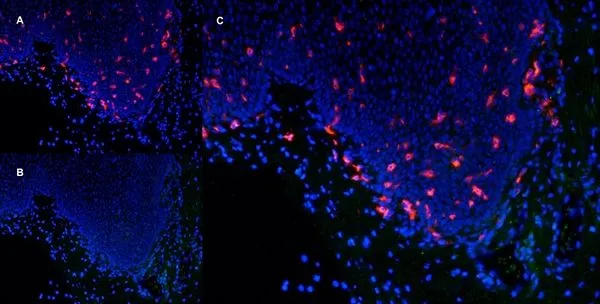
![IHC-Fr analysis of human tonsil tissue using GTX76536 CD1a antibody [NA1/34-HLK]. IHC-Fr analysis of human tonsil tissue using GTX76536 CD1a antibody [NA1/34-HLK].](https://www.genetex.com/upload/website/prouct_img/normal/GTX76536/GTX76536_1010_IHC-Fr_w_23061322_863.webp)
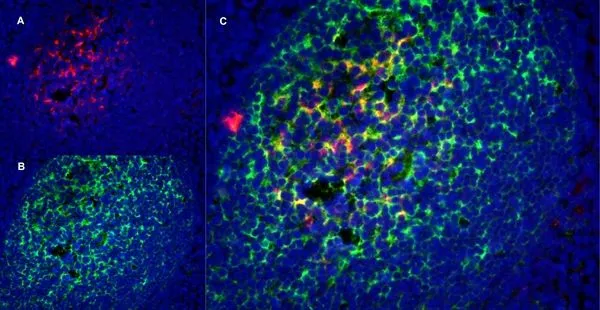
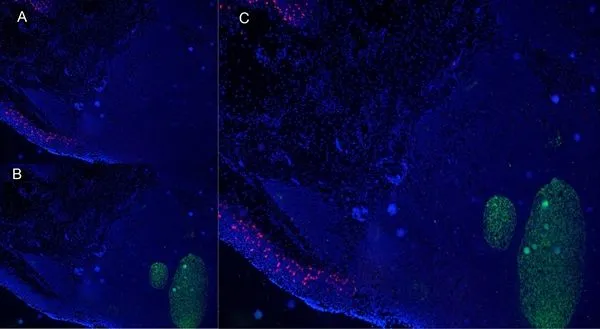
![FACS analysis of MOLT4 cells using GTX76536 CD1a antibody [NA1/34-HLK]. FACS analysis of MOLT4 cells using GTX76536 CD1a antibody [NA1/34-HLK].](https://www.genetex.com/upload/website/prouct_img/normal/GTX76536/GTX76536_999_FACS_w_23061322_488.webp)
![IHC-Fr analysis of human tonsil tissue using GTX76536 CD1a antibody [NA1/34-HLK]. IHC-Fr analysis of human tonsil tissue using GTX76536 CD1a antibody [NA1/34-HLK].](https://www.genetex.com/upload/website/prouct_img/normal/GTX76536/GTX76536_1008_IHC-Fr_w_23061322_724.webp)
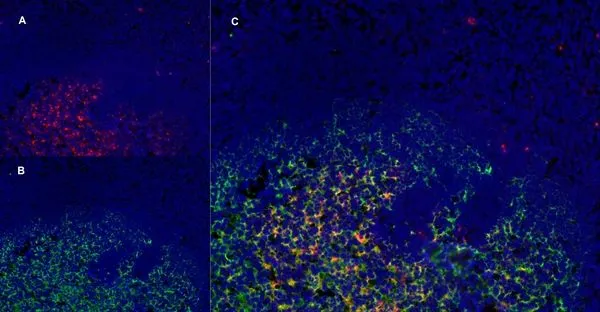

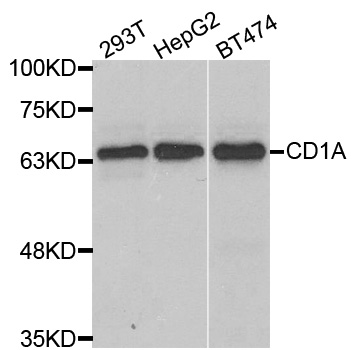



![FACS analysis of MOLT4 cells using GTX76535 CD1a antibody [NA1/34-HLK] (FITC).](https://www.genetex.com/upload/website/prouct_img/normal/GTX76535/GTX76535_1013_FACS_w_23051501_103.webp)